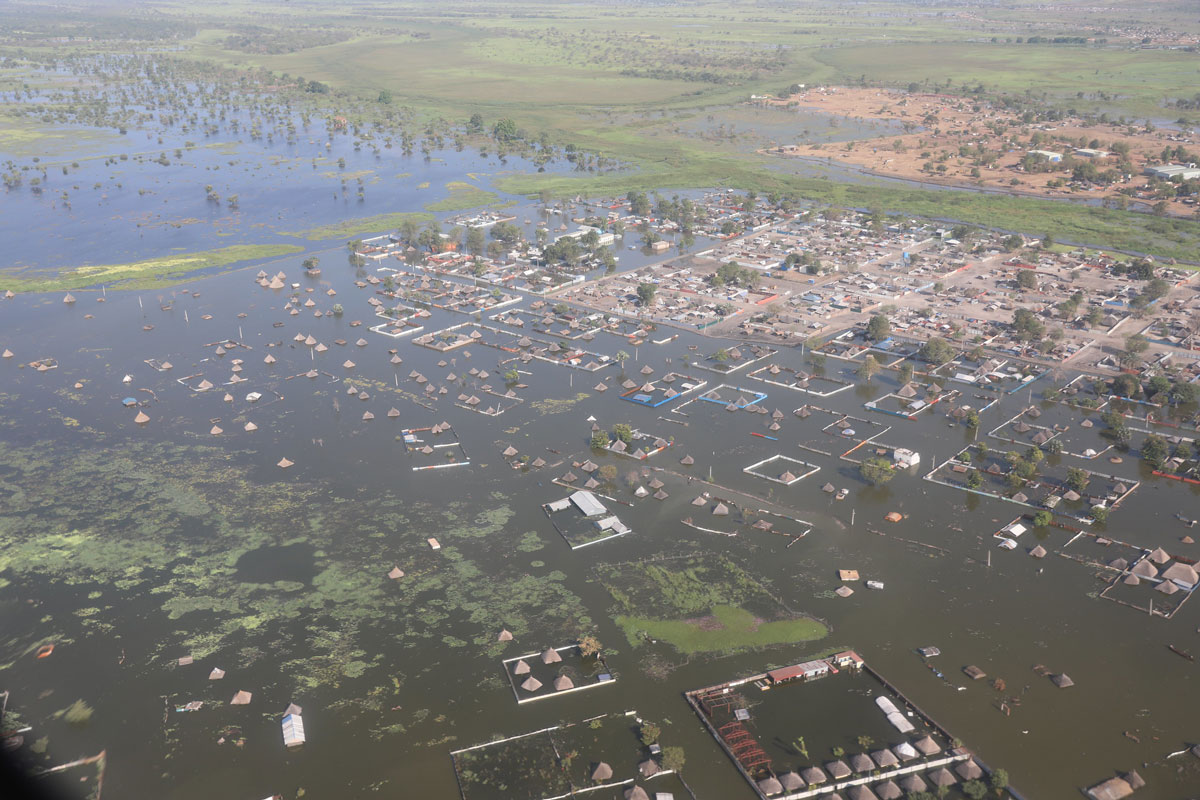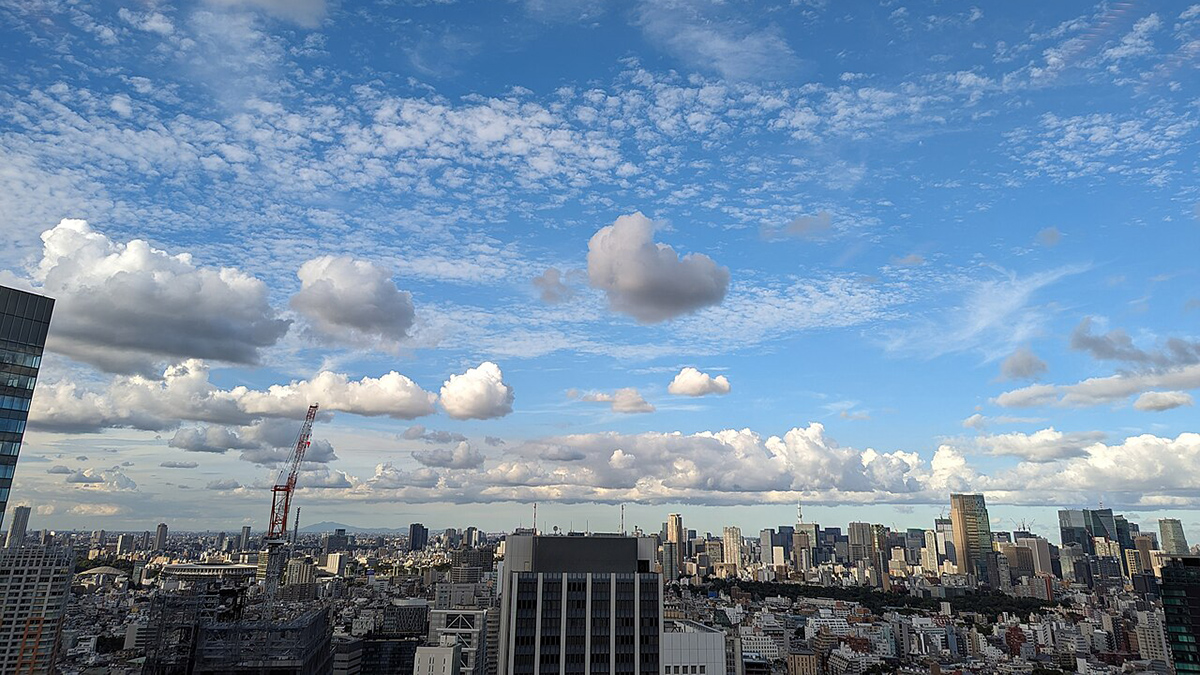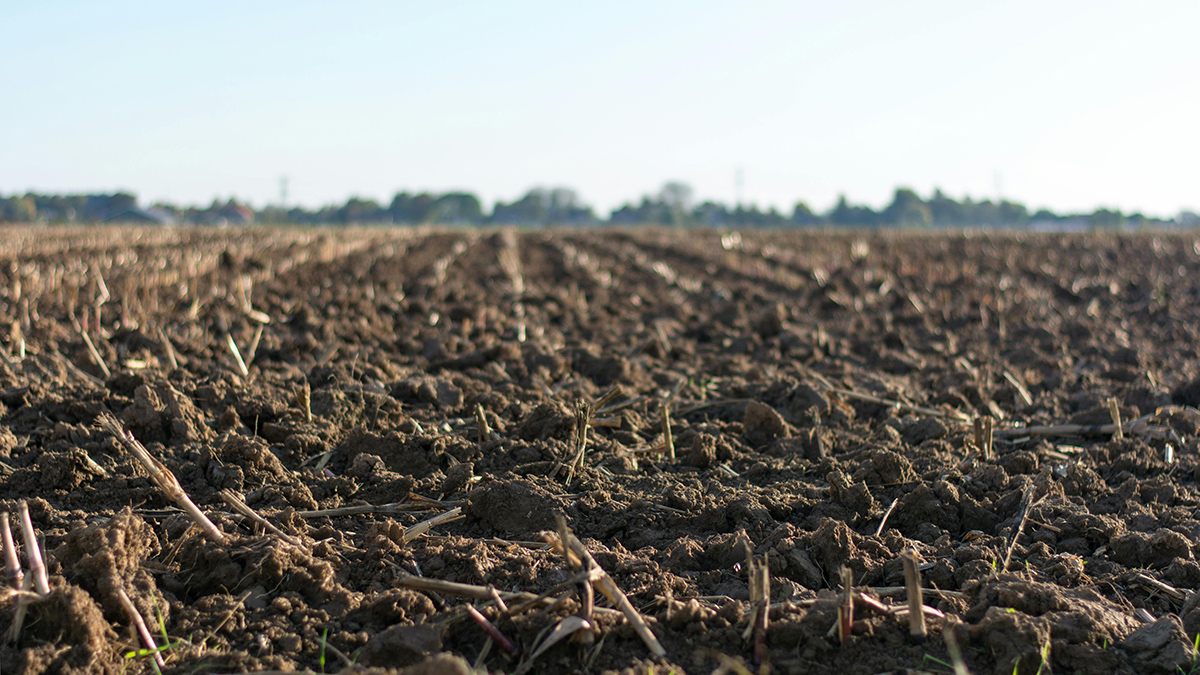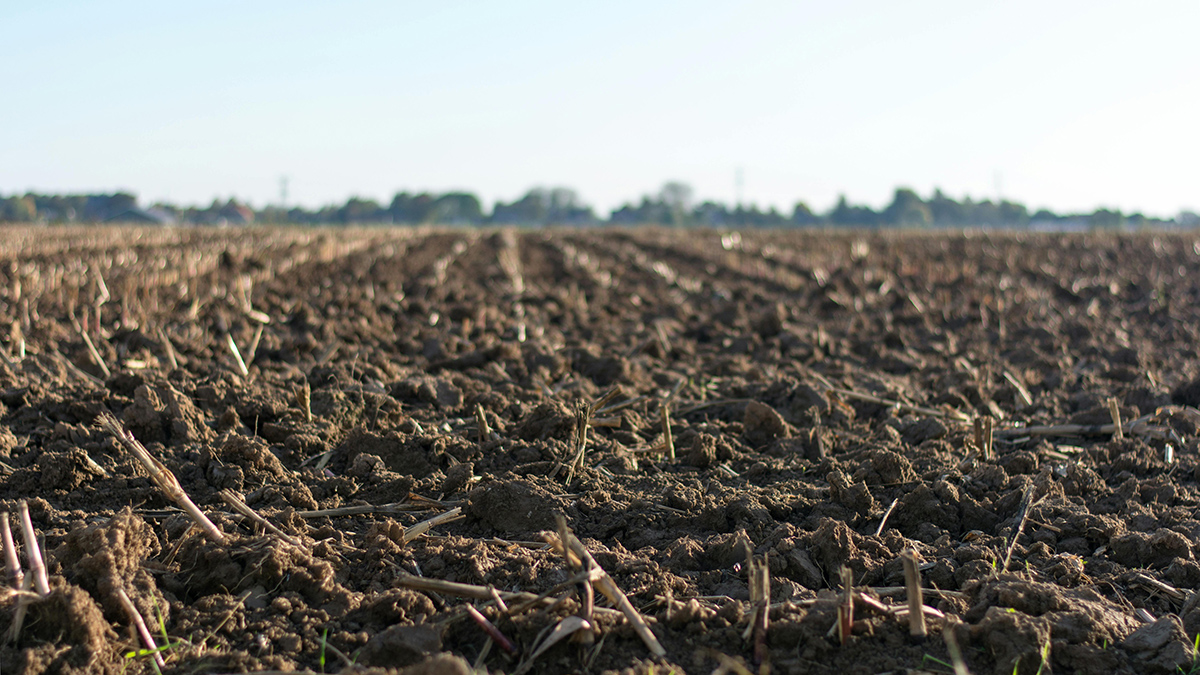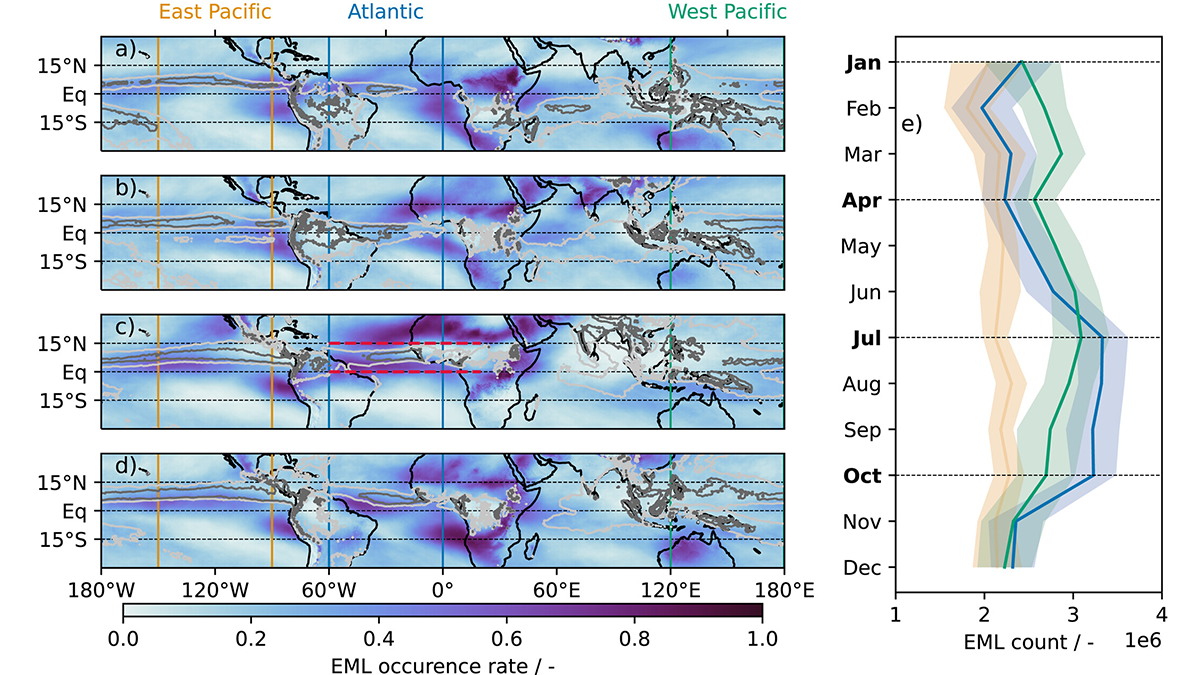Humid heat extremes are less frequently studied, but no less important, than those of dry heat.
humidity
Marine Heat Waves Can Exacerbate Heat and Humidity over Land
Researchers found the unprecedented 2023 East Asian marine heat wave increased land temperatures and humidity by up to 50%.
Simplicity May Be the Key to Understanding Soil Moisture
A pared-down model that considers only precipitation and net surface radiation seems to solve long-standing problems.
Characteristics of Moist Layers over the Tropical Atlantic
In a new study, characteristics of elevated moist layers, their seasonality, spatial distribution, structure, and the coupling of mid-tropospheric circulation and convection are examined over the tropical Atlantic.
How Sticky Is It Outside?
Researchers introduce a new variable to quantify the relative contributions of heat and humidity to humid heat.
Warming Reduces Relative Humidity Through Soil Moisture
Relative humidity over land decreases in a warmer climate as a result of interactive soil moisture response.
Observing the Impact of Convective Aggregation on Water Vapor
Remote sensing measurements for water vapor isotopic composition enable us to assess how convective aggregation influences the atmospheric hydrological cycle.
Temperature Extremes Hit Lower- and Middle-Income Countries Hardest
Smaller cities in these regions are less likely to have infrastructure to deal with extreme climates.
A New Look at the Changing Water Cycle Over Land
Whether warming increases or decreases, rain over land depends on the relationship of soil moisture, evaporation, and aridity which shape rain regimes.

